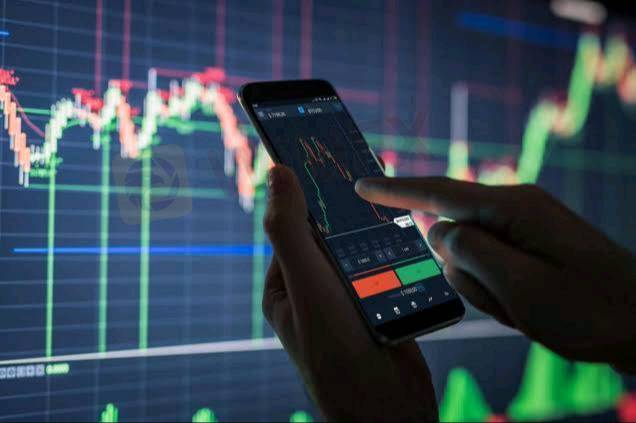
2025-07-17 11:13
IndustryAvoid Forced Trades
The advice "Avoid Forced Trades" is a fundamental cornerstone of disciplined investing and trading, emphasizing the importance of patience, objectivity, and adherence to a well-defined plan. A "forced trade" is one undertaken out of emotional compulsion rather than logical analysis, often driven by a desire to "make back" losses, fear of missing out (FOMO) on perceived opportunities, or simply the urge to be active in the market when no high-probability setup exists. These trades rarely end well and are a common cause of significant capital erosion.
When investors engage in forced trades, they typically abandon their pre-set rules regarding entry criteria, risk management, and position sizing. This can lead to taking on excessive risk in ill-conceived ventures, entering trades at unfavorable prices, or deviating from a proven strategy. For example, after a period of market inactivity, a trader might feel compelled to enter a trade just to "do something," even if the conditions don't meet their usual standards. Similarly, seeing a rapid price surge can trigger FOMO, leading to chasing an asset at its peak, only to see it reverse shortly after.
To effectively avoid forced trades, cultivating strong emotional discipline is paramount. This involves accepting that not every market day will present profitable opportunities and that patience is a virtue. A key strategy is to have a robust trading plan that clearly defines your ideal trade setups, risk parameters, and even times when you should not trade. If a setup doesn't meet all the criteria on your checklist, simply walk away. Taking breaks from the screen, especially after a loss, can also help clear your mind and prevent impulsive "revenge trading." Ultimately, respecting your capital by only deploying it when the odds are genuinely in your favor, rather than out of compulsion, is a hallmark of successful, long-term market participation.
#CommunityAMA
Like 0
jet3942
Trader
Hot content
Industry
Event-A comment a day,Keep rewards worthy up to$27
Industry
Nigeria Event Giveaway-Win₦5000 Mobilephone Credit
Industry
Nigeria Event Giveaway-Win ₦2500 MobilePhoneCredit
Industry
South Africa Event-Come&Win 240ZAR Phone Credit
Industry
Nigeria Event-Discuss Forex&Win2500NGN PhoneCredit
Industry
[Nigeria Event]Discuss&win 2500 Naira Phone Credit
Forum category

Platform

Exhibition

Agent

Recruitment

EA

Industry

Market

Index
Avoid Forced Trades
 Thailand | 2025-07-17 11:13
Thailand | 2025-07-17 11:13The advice "Avoid Forced Trades" is a fundamental cornerstone of disciplined investing and trading, emphasizing the importance of patience, objectivity, and adherence to a well-defined plan. A "forced trade" is one undertaken out of emotional compulsion rather than logical analysis, often driven by a desire to "make back" losses, fear of missing out (FOMO) on perceived opportunities, or simply the urge to be active in the market when no high-probability setup exists. These trades rarely end well and are a common cause of significant capital erosion.
When investors engage in forced trades, they typically abandon their pre-set rules regarding entry criteria, risk management, and position sizing. This can lead to taking on excessive risk in ill-conceived ventures, entering trades at unfavorable prices, or deviating from a proven strategy. For example, after a period of market inactivity, a trader might feel compelled to enter a trade just to "do something," even if the conditions don't meet their usual standards. Similarly, seeing a rapid price surge can trigger FOMO, leading to chasing an asset at its peak, only to see it reverse shortly after.
To effectively avoid forced trades, cultivating strong emotional discipline is paramount. This involves accepting that not every market day will present profitable opportunities and that patience is a virtue. A key strategy is to have a robust trading plan that clearly defines your ideal trade setups, risk parameters, and even times when you should not trade. If a setup doesn't meet all the criteria on your checklist, simply walk away. Taking breaks from the screen, especially after a loss, can also help clear your mind and prevent impulsive "revenge trading." Ultimately, respecting your capital by only deploying it when the odds are genuinely in your favor, rather than out of compulsion, is a hallmark of successful, long-term market participation.
#CommunityAMA
Like 0
I want to comment, too
Submit
0Comments

There is no comment yet. Make the first one.

Submit
There is no comment yet. Make the first one.